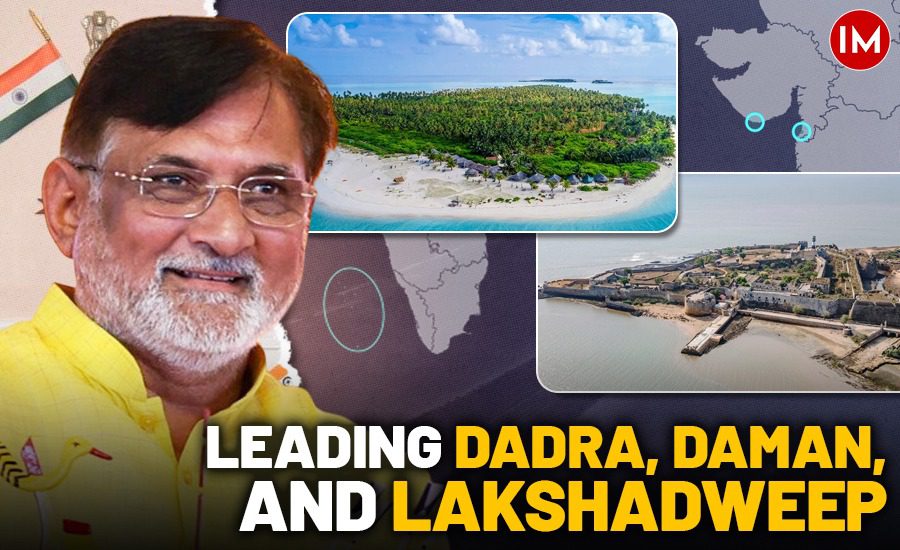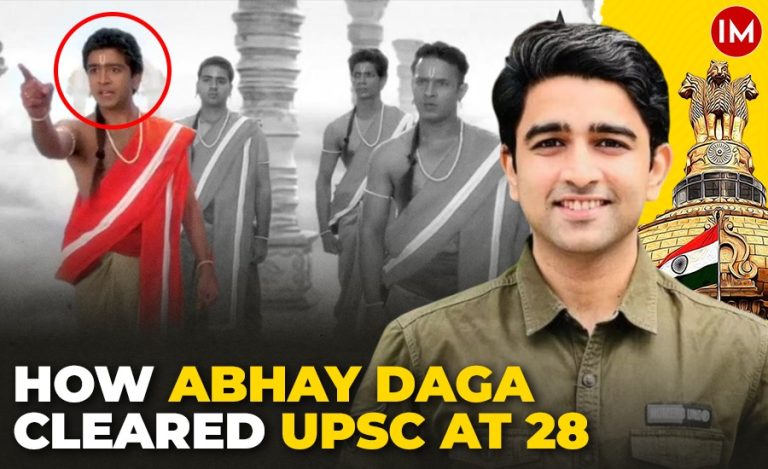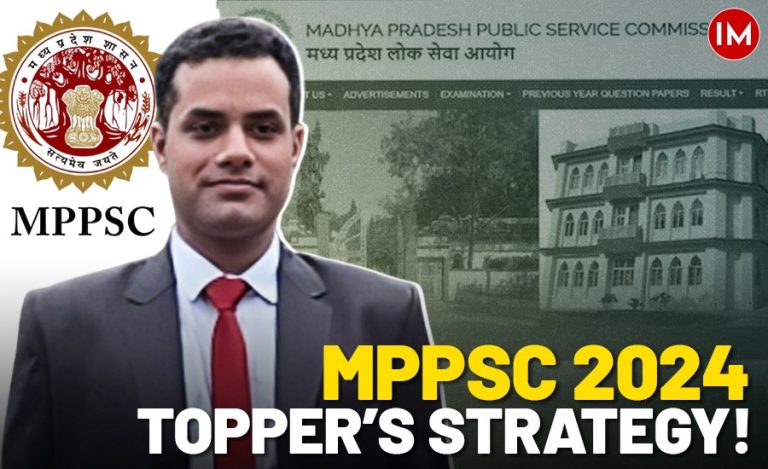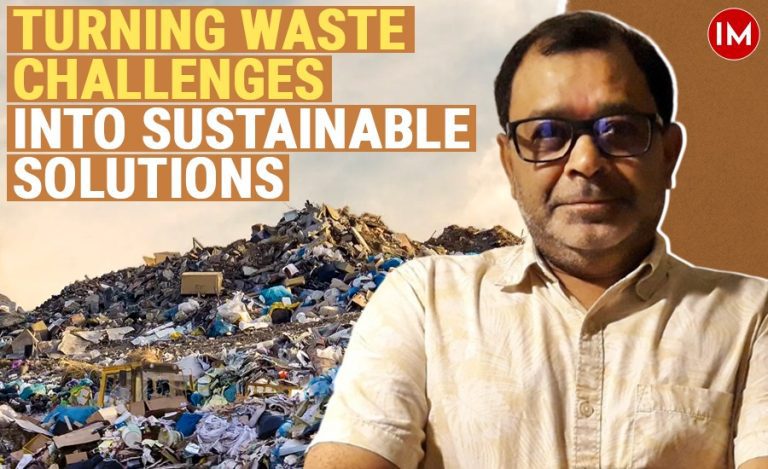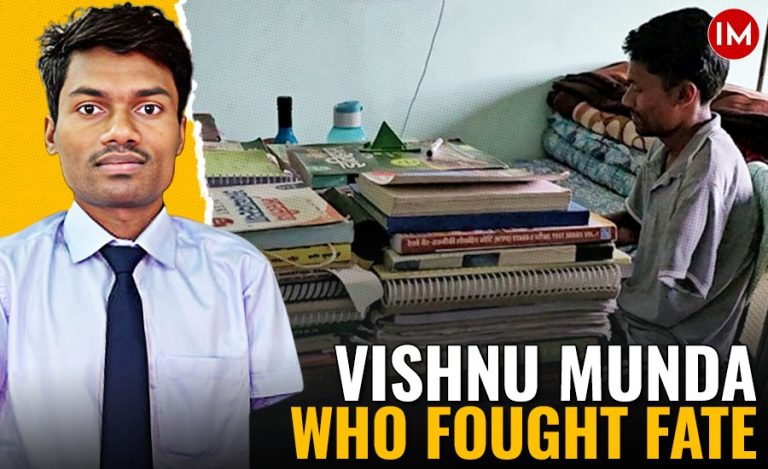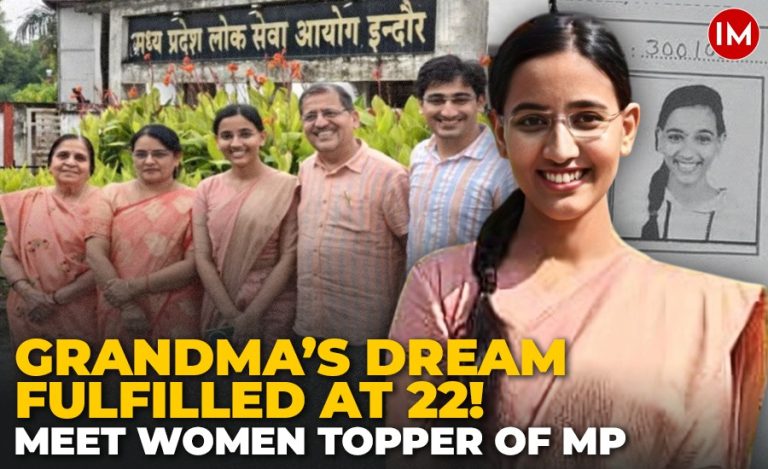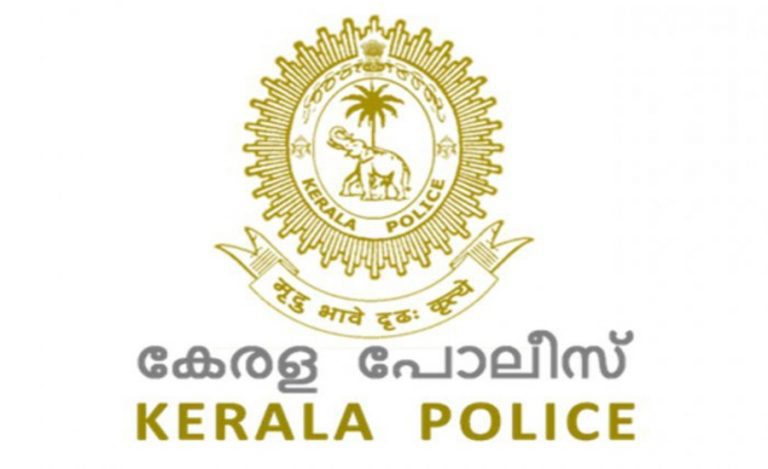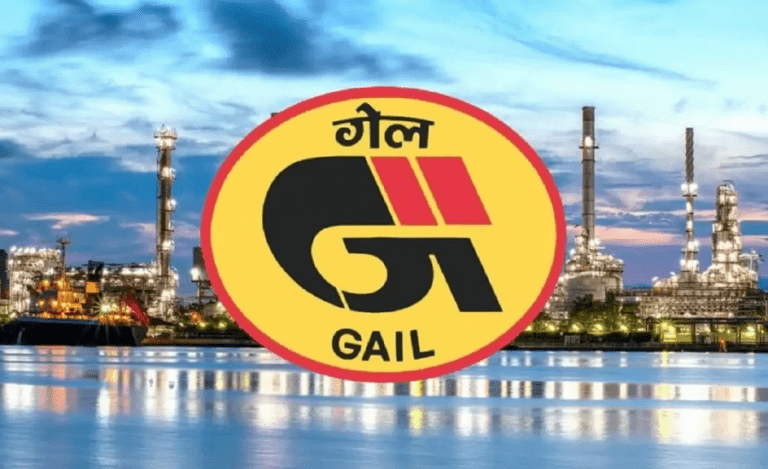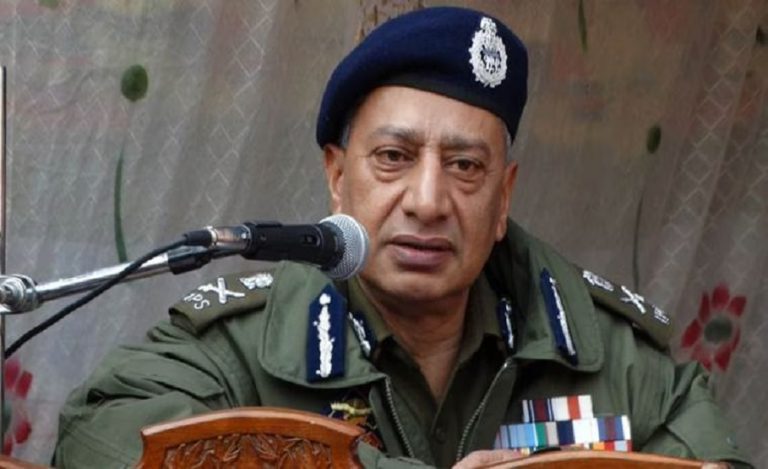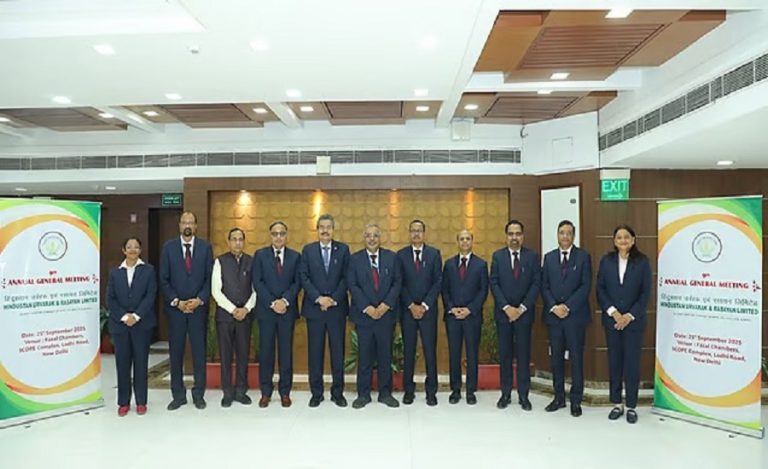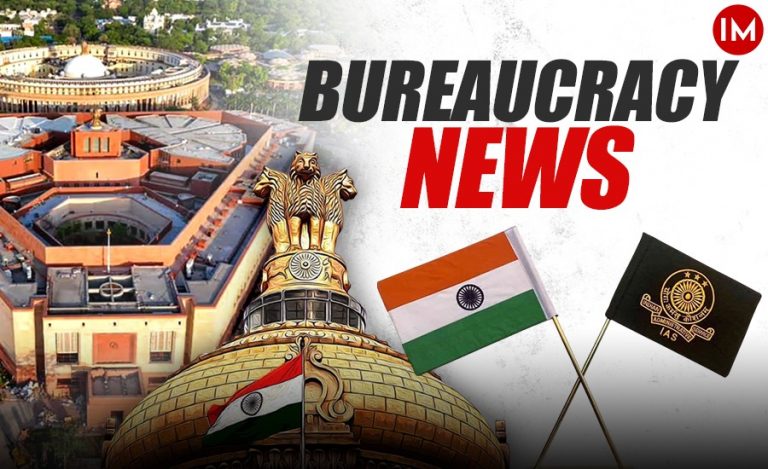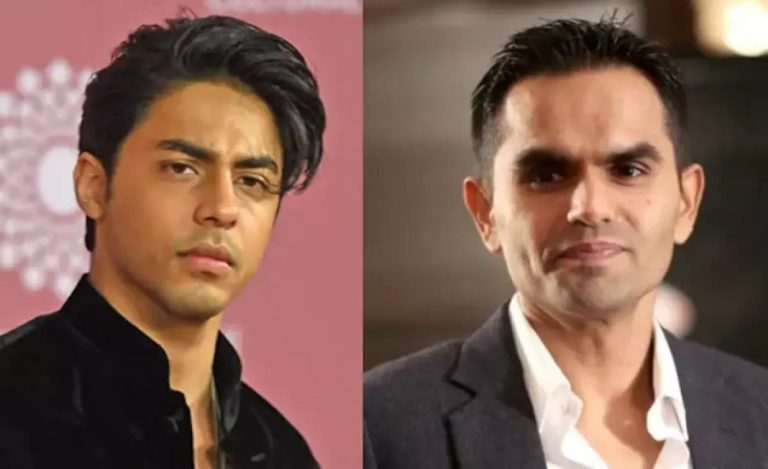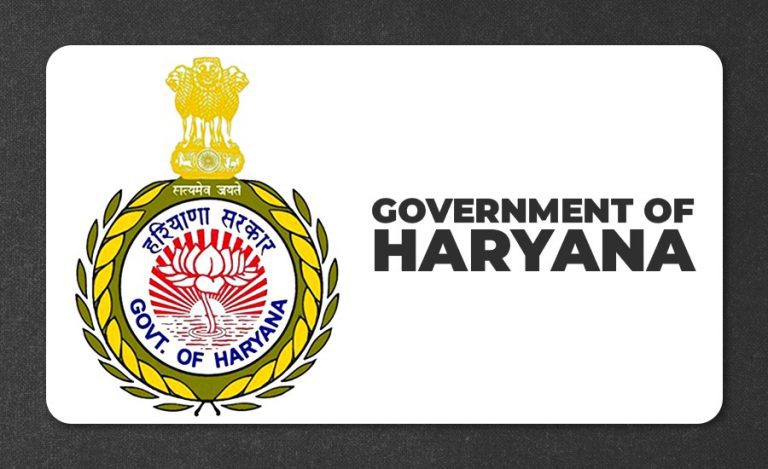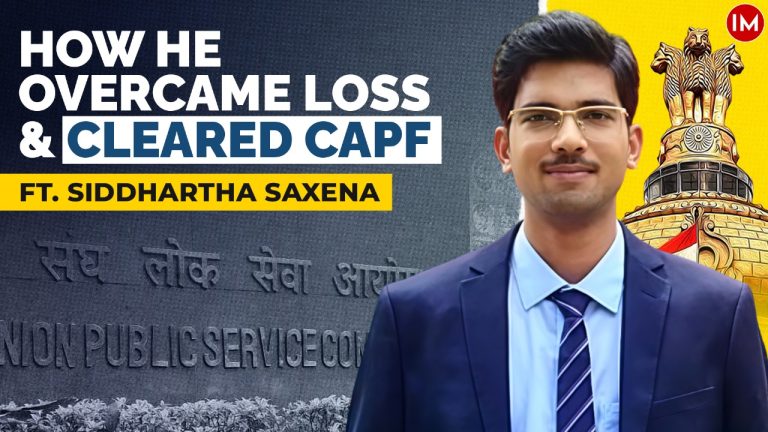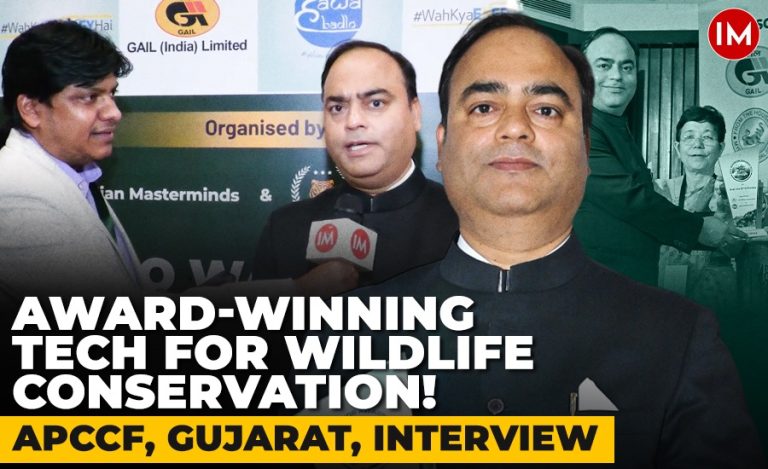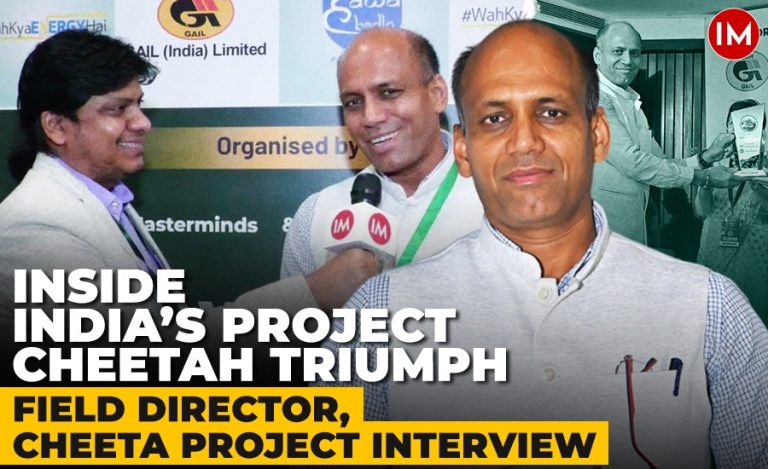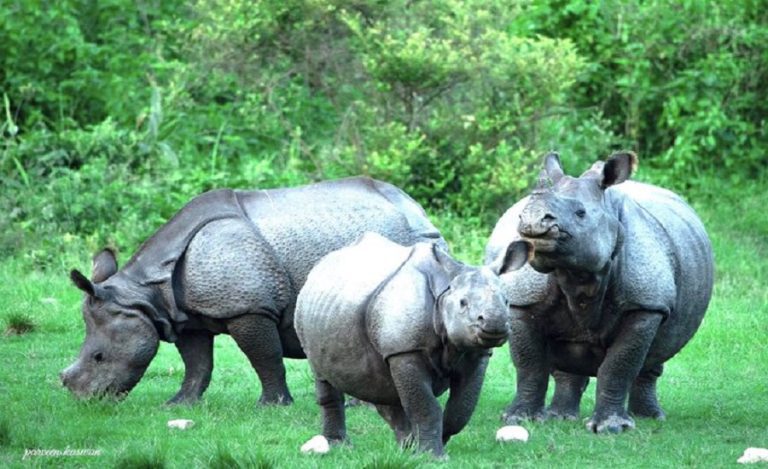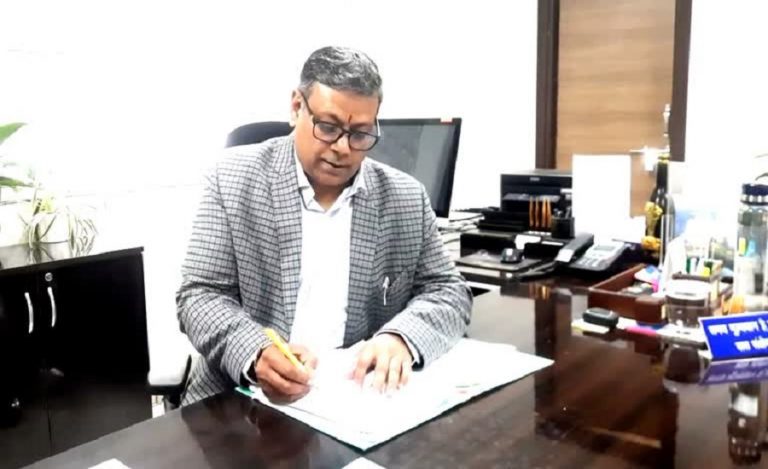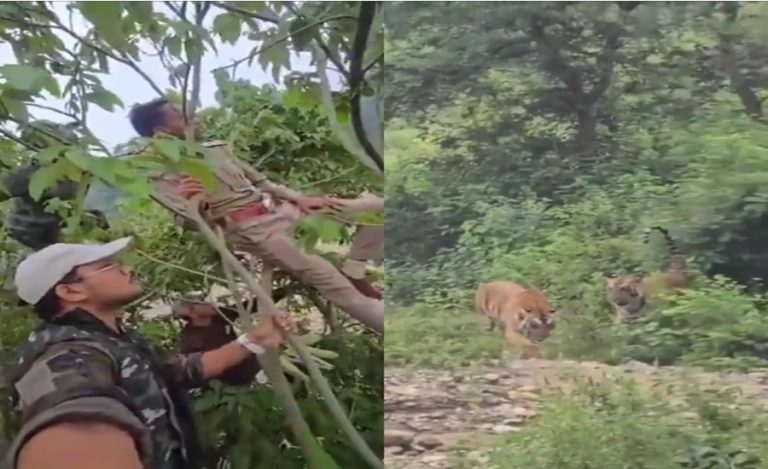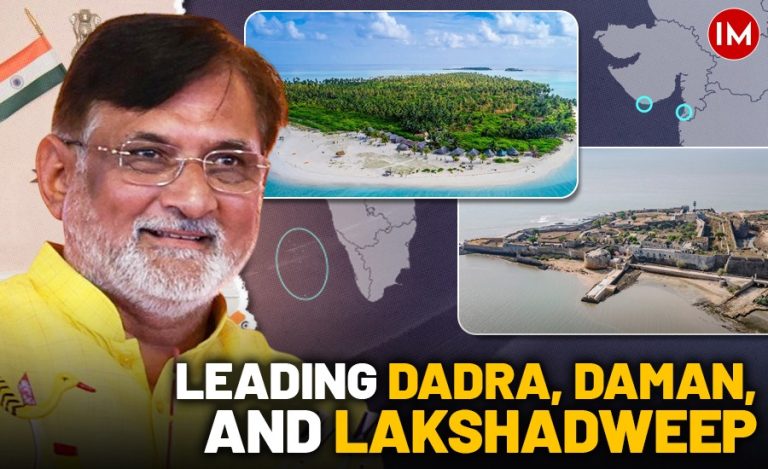Born on 28 August 1957 in Unava, a village near Unjha in Gujarat’s Mehsana district, Praful Khoda Patel grew up in a close-knit Gujarati family. After completing a Diploma in Civil Engineering, he worked in the construction sector, gaining hands-on experience in infrastructure projects before turning toward public life. Those early years, immersed in both practical engineering and local community issues, set the foundation for his entry into politics.
A DECADE IN GUJARAT POLITICS
Patel’s political career began in the Bharatiya Janata Party (BJP), where he quickly earned recognition at the grassroots. In 2007, he was elected Member of the Legislative Assembly from Himmatnagar and later became Minister of State for Home Affairs in the government of then Chief Minister Narendra Modi.
His tenure in Gandhinagar saw him involved in state-level law and order discussions and administrative planning, sharpening the skills that would later define his work in India’s Union Territories.
ADMINISTRATOR ACROSS THE WESTERN SEABOARD
In August 2016, the Union Government appointed Patel as Administrator of Daman & Diu, followed a few months later by Administrator of Dadra & Nagar Haveli. When these territories merged on 26 January 2020, he became the first Administrator of the combined Dadra and Nagar Haveli and Daman and Diu, a role that required balancing development priorities with the distinct cultural identities of each region.
His responsibilities expanded dramatically on 5 December 2020, when he was given additional charge of Lakshadweep after the sudden passing of Administrator Dineshwar Sharma. Overnight, Patel was at the helm of a geographically scattered archipelago more than 1,000 kilometers from the Indian mainland, a post that brought both opportunity and intense scrutiny.
INITIATIVES AND DEVELOPMENT FOCUS
Across all postings, Patel has pushed for infrastructure growth, modern administrative systems, and closer coordination with central ministries. In Lakshadweep, proposals aimed at improving tourism, land management, and public services attracted nationwide attention. Draft regulations and development authority plans sought to open the islands to new economic possibilities and streamline governance.
PUBLIC REACTIONS AND NATIONAL DEBATE
Patel’s Lakshadweep proposals quickly became the subject of a larger national conversation. Political leaders, civil society groups, and island residents raised concerns about the speed and scope of reforms, calling for deeper consultation. Supporters highlighted the potential for economic growth and improved connectivity, while critics feared disruption of local culture and ecology.
A PUBLIC FIGURE UNDER THE SPOTLIGHT
Patel maintains an official presence on social media platforms such as Instagram, where photographs document meetings with Union ministers, inaugurations of projects, and visits across the territories he administers.
Media outlets from regional Gujarati papers to national English dailies follow his every major move, reflecting the unusual breadth of his administrative reach, from industrial hubs on India’s west coast to the far-flung coral islands of the Arabian Sea.
CONTINUING ROLE IN GOVERNANCE
Today, Praful Khoda Patel stands as a key central appointee overseeing Dadra and Nagar Haveli, Daman and Diu, and Lakshadweep. His journey from a civil engineering diploma holder in rural Gujarat to a figure managing multiple Union Territories highlights a career defined by high-level administrative responsibility and constant public scrutiny.
Whether expanding infrastructure on the mainland or shaping policy in a remote island chain, Patel remains a pivotal presence in India’s evolving governance landscape.

